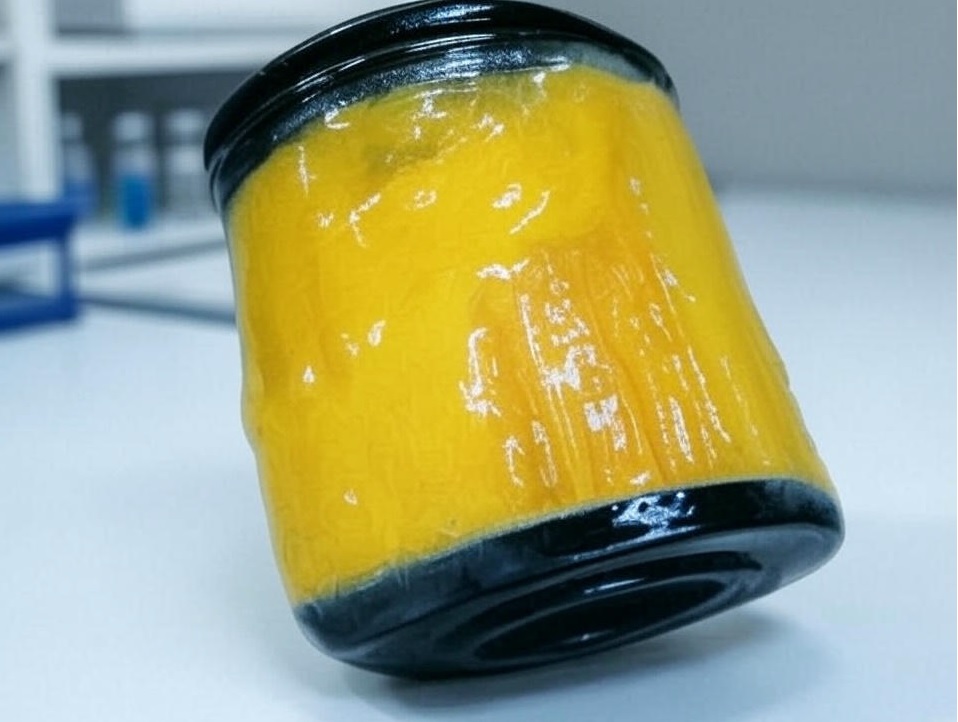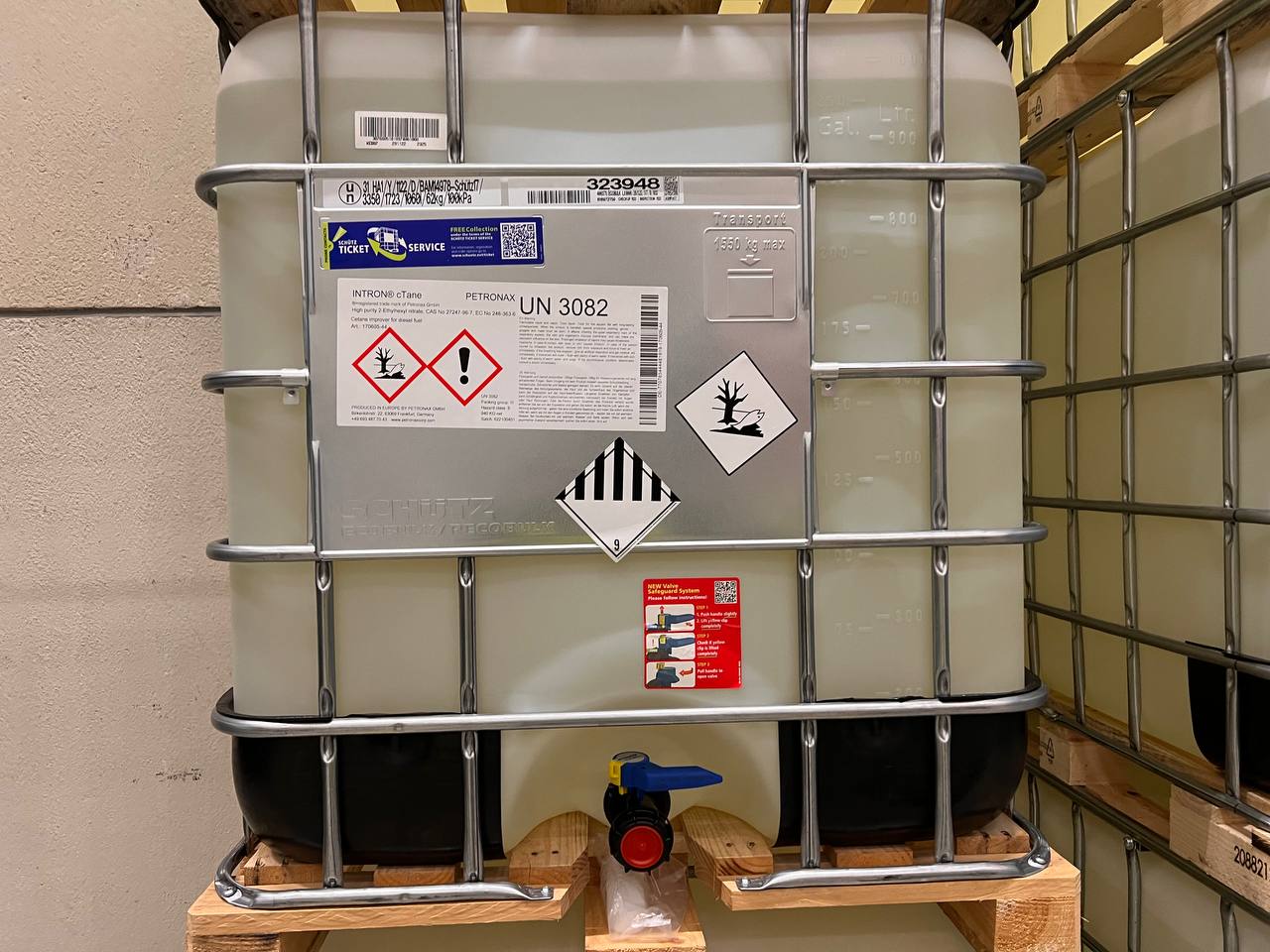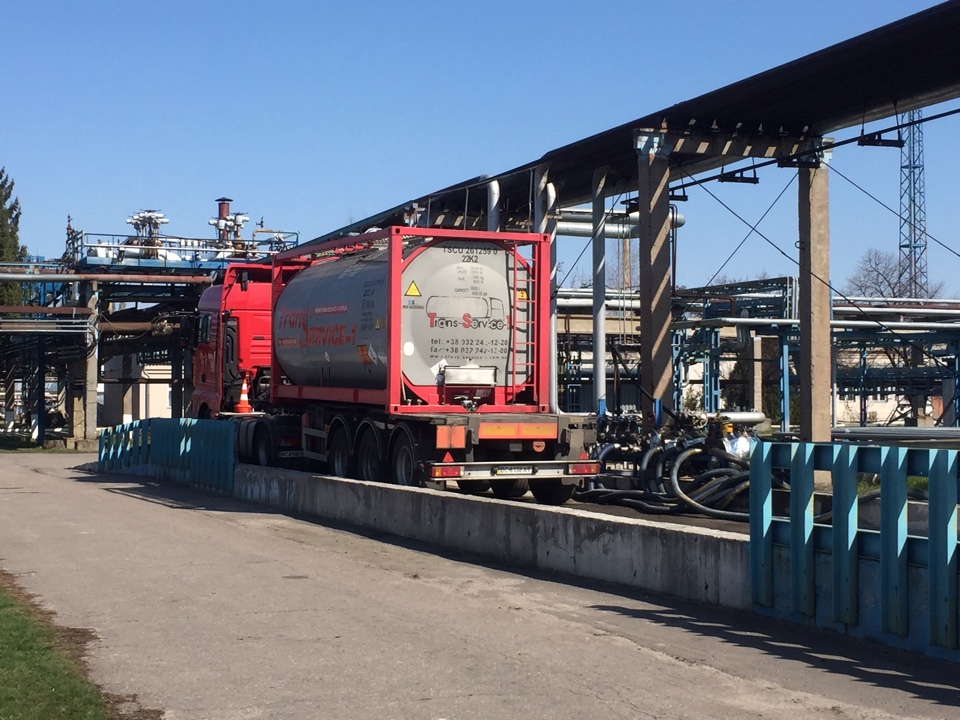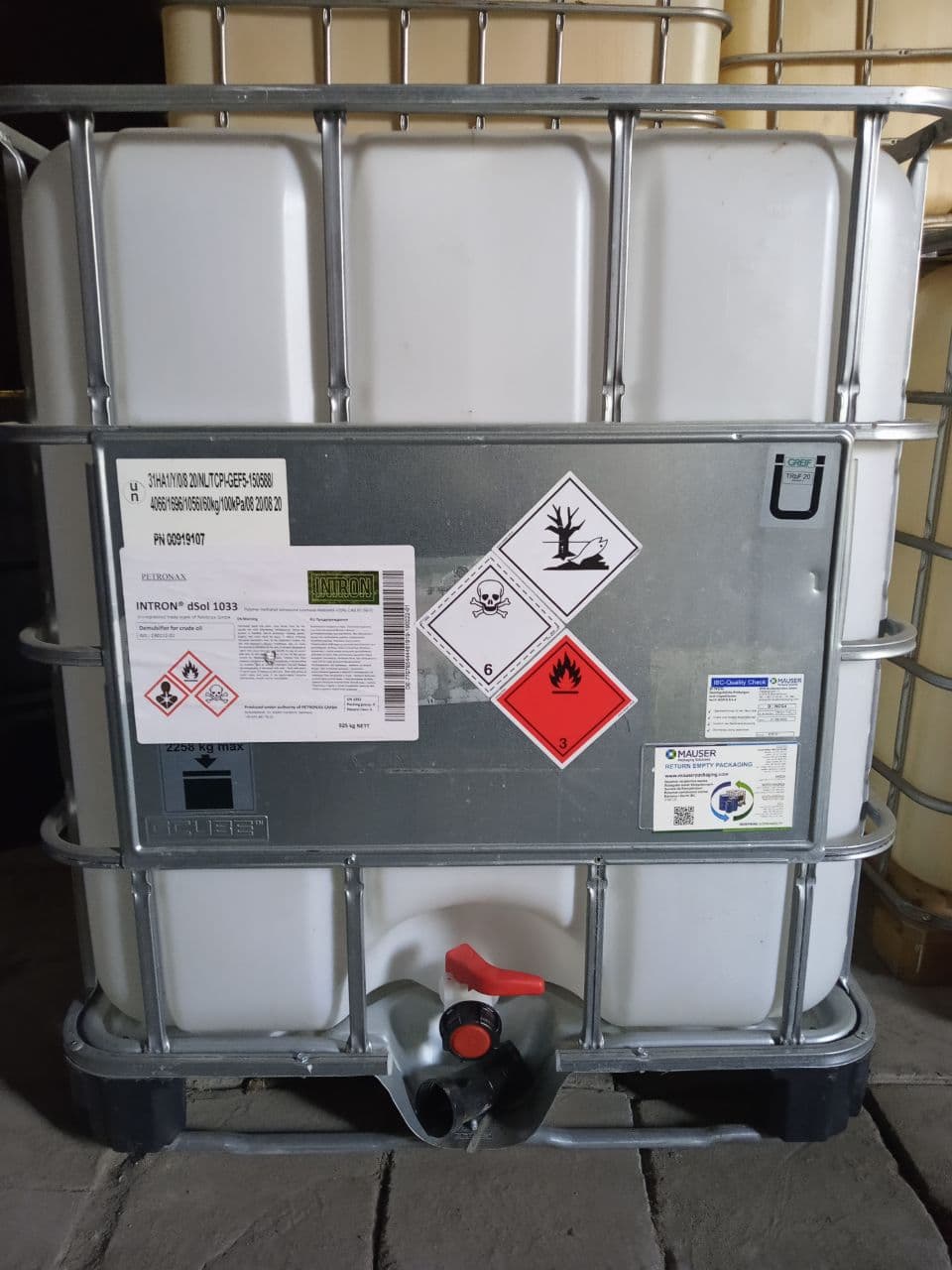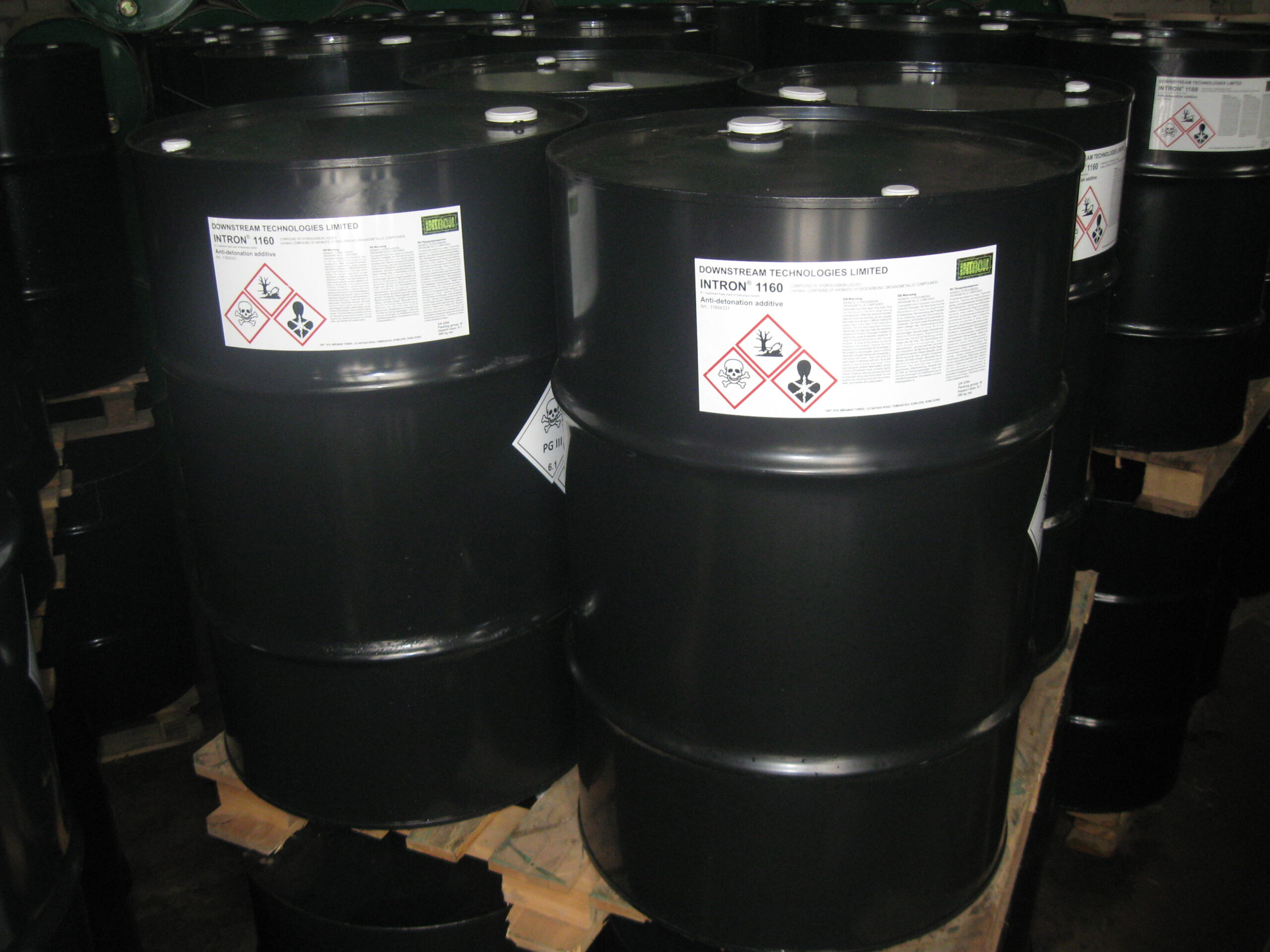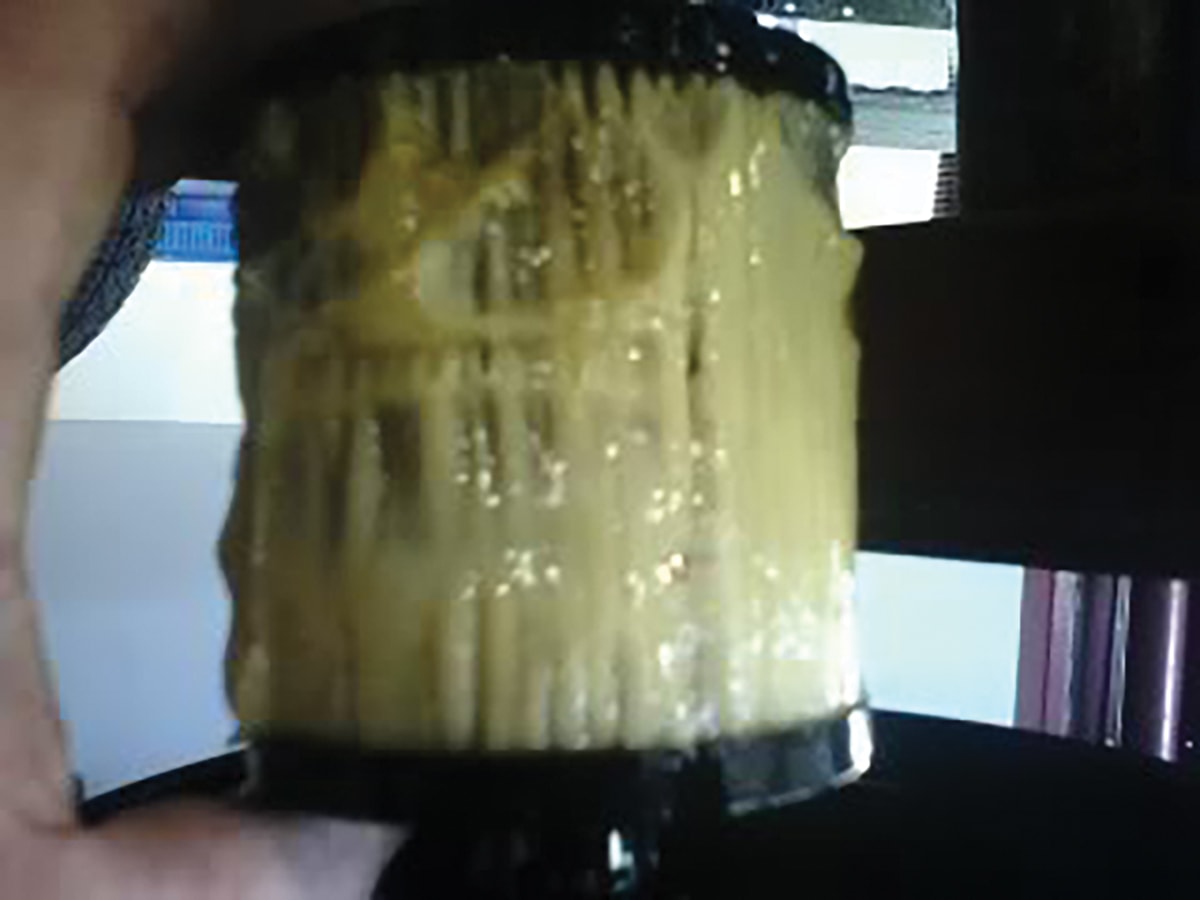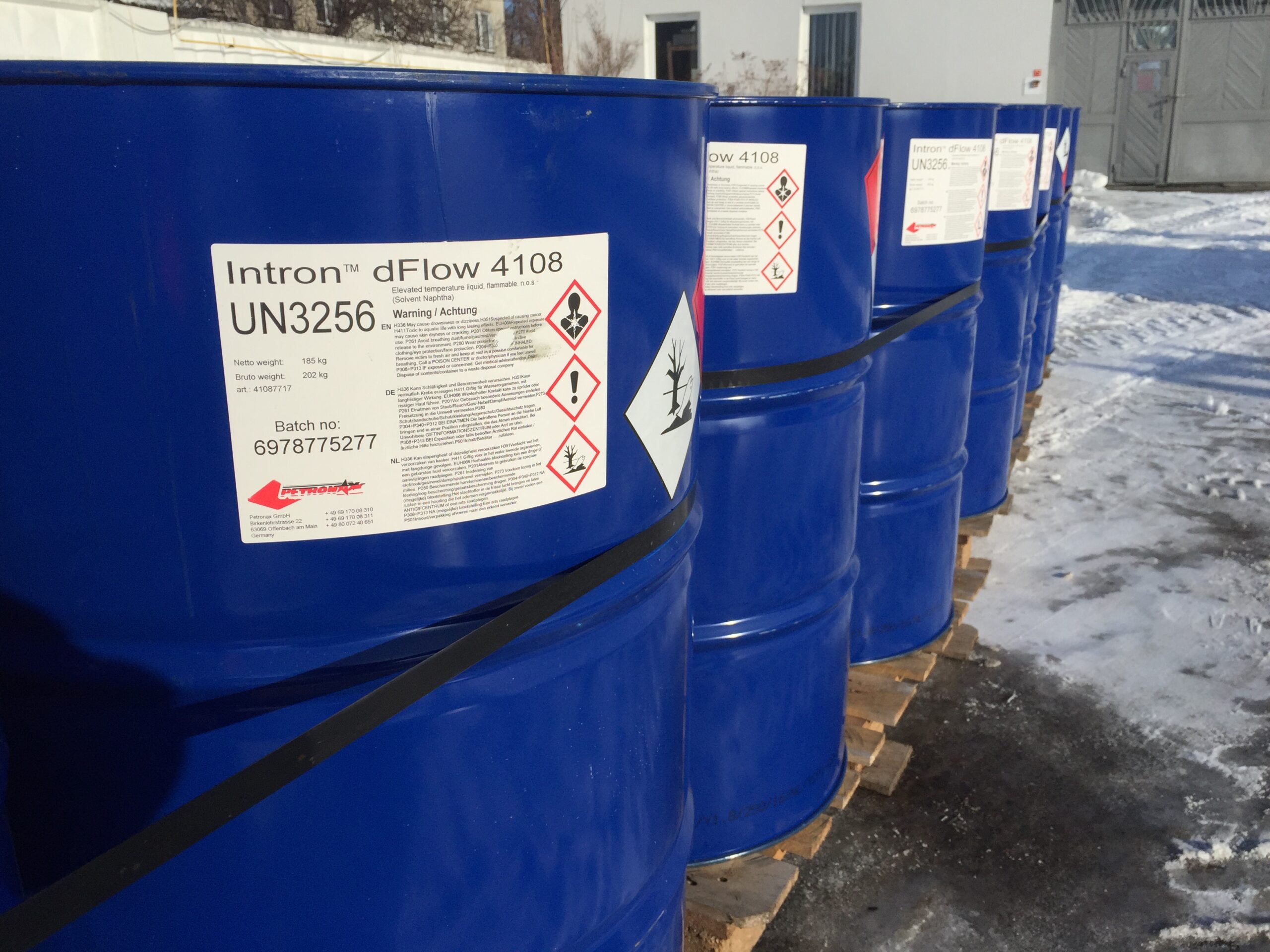Cold Flow Improver Solutions with PETRONAX INTRON dFlow
Cold weather brings unique challenges to diesel engines as paraphins within the diesel fuel starts to crystallize,  causing gelling that clogs fuel lines and disrupts performance. PETRONAX emerges as a reliable solution provider with its innovative INTRON dFlow, a premier cold flow improver designed to maintain diesel flow in the harshest winter conditions. This exceptional additive alters wax crystal formation to prevent blockages, ensuring engines operate seamlessly when temperatures drop. PETRONAX, a respected company in the oil and refinery industry, leverages extensive expertise to develop products that elevate fuel quality and extend engine life.
causing gelling that clogs fuel lines and disrupts performance. PETRONAX emerges as a reliable solution provider with its innovative INTRON dFlow, a premier cold flow improver designed to maintain diesel flow in the harshest winter conditions. This exceptional additive alters wax crystal formation to prevent blockages, ensuring engines operate seamlessly when temperatures drop. PETRONAX, a respected company in the oil and refinery industry, leverages extensive expertise to develop products that elevate fuel quality and extend engine life.
INTRON dFlow distinguishes itself with a powerful blend of polymers, effectively reducing the cold filter plugging point and pour point of diesel fuel. A modest dosage of 100 to 500 ppm delivers remarkable improvements, offering a cost-effective option for refineries and fuel distributors worldwide. Its adaptability shines through as it blends effortlessly with other additives like detergents and cetane improvers, providing a versatile solution for fuel enhancement. PETRONAX engineers INTRON dFlow to replace the outdated and expensive practice of kerosene blending, delivering superior results without breaking the bank.
The advantages of this cold flow improver go beyond mere performance. INTRON dFlow cuts operational costs by preventing wax agglomeration, enhancing engine reliability during frigid months. It also supports environmental sustainability by reducing fuel waste and optimizing combustion efficiency, aligning with PETRONAX’s commitment to eco-friendly practices. The company ensures INTRON dFlow complies with modern regulatory standards, making it a preferred choice for industries prioritizing green solutions. PETRONAX stands out with its customer-centric approach, offering personalized guidance to help clients determine the ideal INTRON dFlow dosage based on specific fuel characteristics. Backed by a robust global distribution network, the product boasts a one-year shelf life, guaranteeing consistent availability to meet demand. This dedication to quality and support cements PETRONAX position as a trusted authority in cold flow improver technology.
Diesel users across transportation, agriculture, and construction rely on cold flow improvers to keep operations running smoothly in winter. PETRONAX addresses this need with INTRON dFlow, a product that combines innovation with practicality. The additive’s ability to maintain fuel flow in subzero temperatures protects engines from damage, saving time and money in the long run. PETRONAX invests in research to refine its formulations, ensuring INTRON dFlow remains at the forefront of cold weather fuel solutions. Customers appreciate the peace of mind that comes with using a product backed by a company known for reliability and excellence. As winter approaches, investing in a high-quality cold flow improver like INTRON dFlow becomes essential for uninterrupted diesel performance. PETRONAX continues to lead the way, delivering a solution that meets the demands of today’s fuel market while paving the path for a sustainable future

